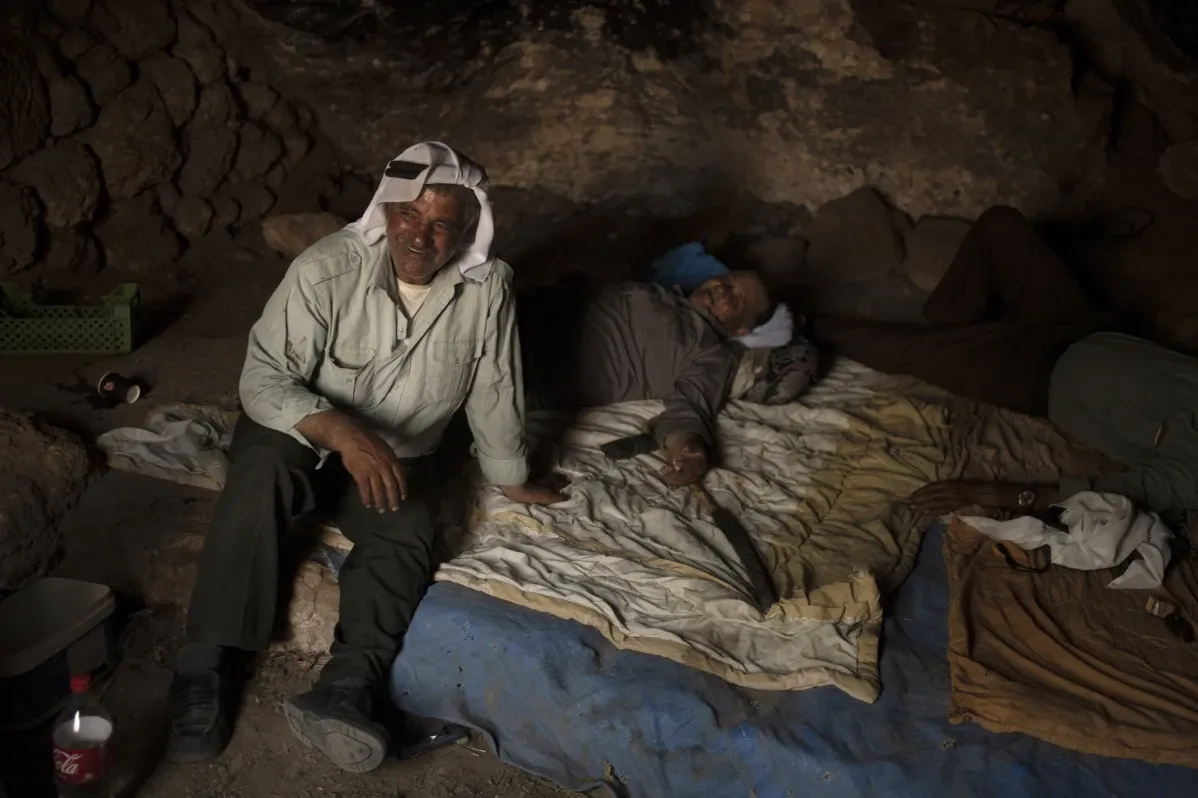Palestinians brave Israeli threats to return to a wrecked village
Ten months after Israeli settlers threatened their lives, some Palestinians have returned to their now-ruined home village in Khirbet Zanuta, West Bank, due to an unusual court order.

Following increasing threats from Israeli settlers last year, an entire Palestinian community abandoned their homes in the West Bank village of Khirbet Zanuta. Fast forward to this summer, where in a rare affirmation of Palestinian land rights, Israel's highest court declared the displaced residents could return, with the protection of Israeli forces.
However, their much-anticipated homecoming has revealed a shattered village. Critical infrastructures like the local health clinic and school have been razed, along with virtually all the houses in the community. It's safe to say that the trauma and fear the settlers imposed have left severe scars on these returning villagers.
Throughout the village, rubble from crumbled dwellings paints a depressing picture. Despite their homes reduced to ruins, the arrival of approximately 150 residents, of the former population nearing 250, illustrates their resolve to restore their lives. Relying on their resilience, these residents, now essentially homeless, have chosen to stay and start from scratch. Fayez Suliman Tel, the village council's head, summarised the sentiment: “There is joy, but there are some drawbacks,” said Tel. “We are steadfast and staying in our land, and God willing, this displacement will not be repeated.”
Harassment and violence have long punctuated the lives of the Khirbet Zanuta residents from nearby settlers. However, following last autumn's attack on Israel by Hamas and the consequent war in Gaza, this intimidation escalated significantly. The villagers reported incurring explicit death threats from Israelis settled in the unofficial outpost, Meitarim Farm. Bolstered by these threats and out of fear for their lives, the villagers willingly fled their homes, taking with them just the essentials.
Though aggression from settlers was already escalating, even before the Gaza war, it has accelerated forcefully since the conflict's outbreak. Since then, more than 1,500 Palestinians have been displaced due to incidents linked with the settler violence, reports the United Nations. Only a small fraction, like the Khirbet Zanuta villagers, have bravely ventured home.
Despite making it back home under the protective cloak of the court ruling, the villagers remain subjected to intimidation by Levi and the Meitarim Farm's young men. Sadly, the rights awarded by the court have not appeared to fully guarantee their safety or the integrity of their properties. As stated by the court, the villagers are not permitted to construct new structures across the largely damaged village, positioning this land as part of an archaeological zone. This stipulation has meant any new structure is subject to demolition.
Nevertheless, the villagers, undeterred by these inhibiting restrictions, besides the regular threats, are committed to reviving their homes and the area's critical facilities. A determined Khaled Doudin, the Hebron area's governor, pledged: “We will renovate these buildings so that they are qualified to receive students before winter sets in.”

